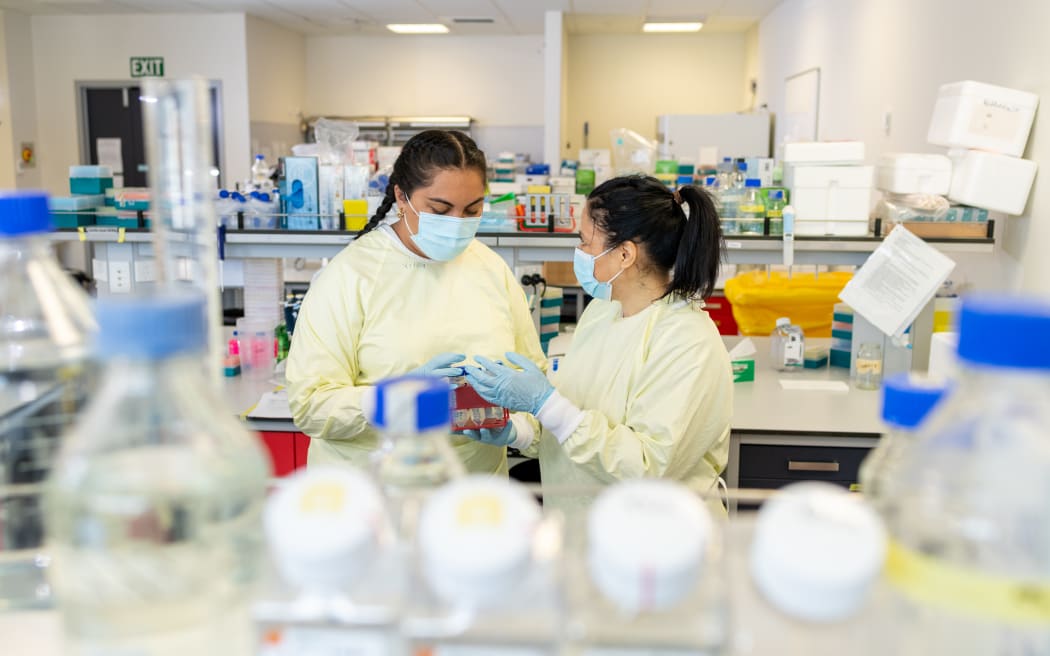By Matt Manukuo, PMN

(file image) Photo: Supplied / Prime Minister's Science Prizes
"It's a fantastic development for helping our cousins."
That's the message from Pacific health expert Dr Colin Tukuitonga, following the government's recent health funding announcement.
Last week, Foreign Affairs Minister Vaovasamanaia Winston Peters announced the government would pledge $30 million dollars to the second phase of the Polynesian Health Corridors Programme.
The funding will be distributed to the Cook Islands, Niue, Samoa, Tokelau, Tonga and Tuvalu to continue strengthening their respective health systems.
Dr Tukuitonga says cancer care is one of the leading health issues faced in the Pacific.
"All of the heads of health from each of the six polynesian countries tell Wellington what their priorities are, last time they said cancer was one of them and I agree.
"As it happens, I'm here in Tonga part of a project to improve cancer care. So I'm talking to doctors, nurses, and communities about how funding from the Polynesian Health Corridors can improve cancer care in Tonga."
The PHC funding will continue to support the health systems of each island, which have been on the backfoot following Covid-19. Tukuitonga says the funding will be of huge benefit to the region.
"Services in the islands are not always as good as they could be. We talked about workforce, training as many people as we can. There's a programme in the PHC to improve access to medicines. Access in the islands is not always reliable."
Tukuitonga shares empathy for his colleagues in the Pacific, who have been going "over and above" with little resources.
"My heart goes out to the doctors and nurses, they go over and above, they're busy all day every day. Often they don't have the diagnostic tools they need.
"They don't have the medicines their patients need. So they do a pretty good job with very little, by way of resources."
-This article was first pubished by PMN.

